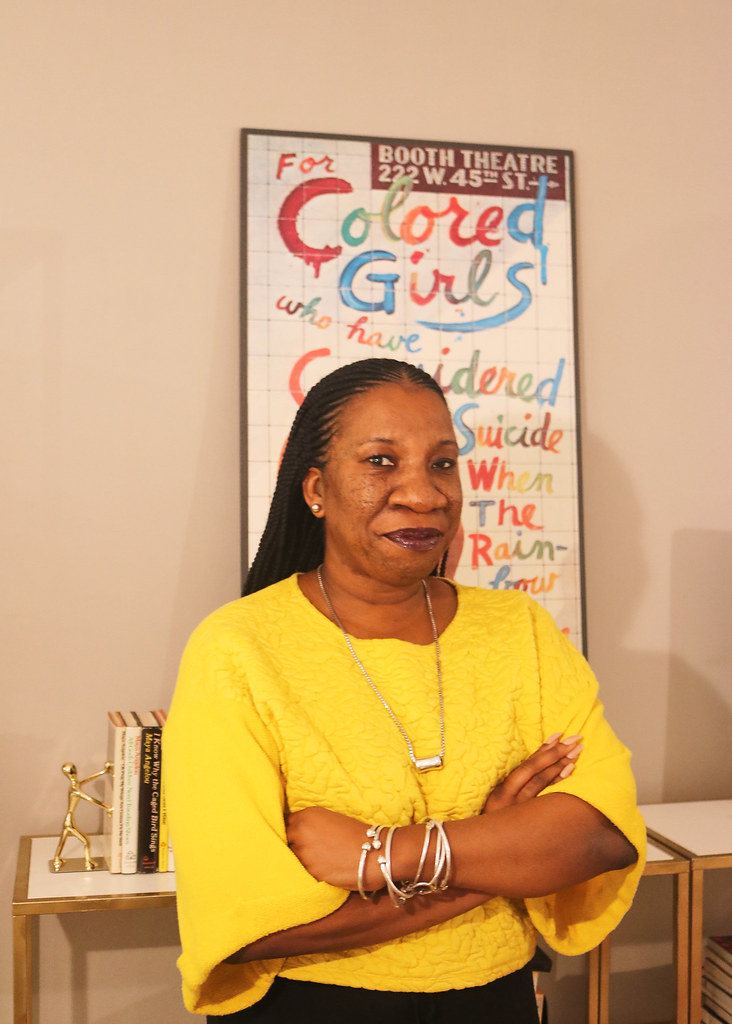In honor of Women’s History Month, I thought it would be appropriate to highlight the most influential feminist movements leading to modern-day feminism in America. As a feminist myself, I think it is important to learn about the foundations of feminism and redefine what it means to be a feminist in the 21st century.

The first wave of feminism occurred throughout the 19th century and the beginning of the 20th century. Notable figures at the forefront of first wave feminism were Susan B. Anthony, Sojourner Truth and Elizabeth Cady Stanton. Susan B. Anthony and Elizabeth Cady Stanton were best known as suffragists, who played a role in advocating feminism. Elizabeth Cady Stanton was best known for her contribution towards the Declaration of Sentiments at the Seneca Falls Convention and for arranging the women’s suffrage movement. Susan B. Anthony’s contributions to the suffrage movement paved the way for the nineteenth amendment, which enabled women the right to vote. In most recent research, Susan B. Anthony has been criticized for her role in advocating for feminism because research has shown that Susan deliberately neglected to invite marginalized groups, like Black women to her public speeches.
Second-wave feminism happened in the the latter half of the 20th century. More specifically, it occurred in the 1960’s. The second wave primarily emphasized the Equal Pay Act of 1963, societal power dynamics, and attention paid to domestic violence. Some of the most influential women of this time were Gloria Steinem, Betty Friedan, and Florynce Kennedy.
Third-wave feminism emerged in the mid 1990’s by Generation Xers. A distinguishable aspect of third-wave feminism was intersectionality. The topic of intersectionality was introduced during third wave feminism, which demonstrated how ethnicity, race, class gender and nationality are all important factors to be considered in feminism. Moreover, a foundation was established to honor to honor and dedicate groups working towards social justice, known as the Third Wave Foundation. The founders of the Third Wave Foundation were Rebecca Walker and her daughter, Alice Walker.
The fourth wave of feminism is known as modern day feminism. This particular wave has emphasized the significance of inclusivity. Such as, the inclusion of black women and the LGBTQ community. A pivotal movement that occurred during the fourth wave of feminism was the #MeToo Movement. The #MeToo movement was a social movement in 2017 that emerged against sexual violence and advocated for women who have been victims of sexual violence. After the election of Donald J. Trump, there was heightened awareness of women’s sexualization and objectification. As a result, women started to address these issues publicly and fight for injustice! One woman who is best known for her contributions during the fourth wave of feminism is Tarana Burke. Tarana is best known as the founder of the #MeToo Movement!
Compared to the 1800’s, feminism has progressed in strides, but there is always room for improvement. In my perspective, feminism itself should be improved using a critical feminist perspective and from analyzing it all levels and dimensions. Not to mention, inclusivity and intersectionality has transformed feminist movements by emphasizing diversity and including marginalized groups.


